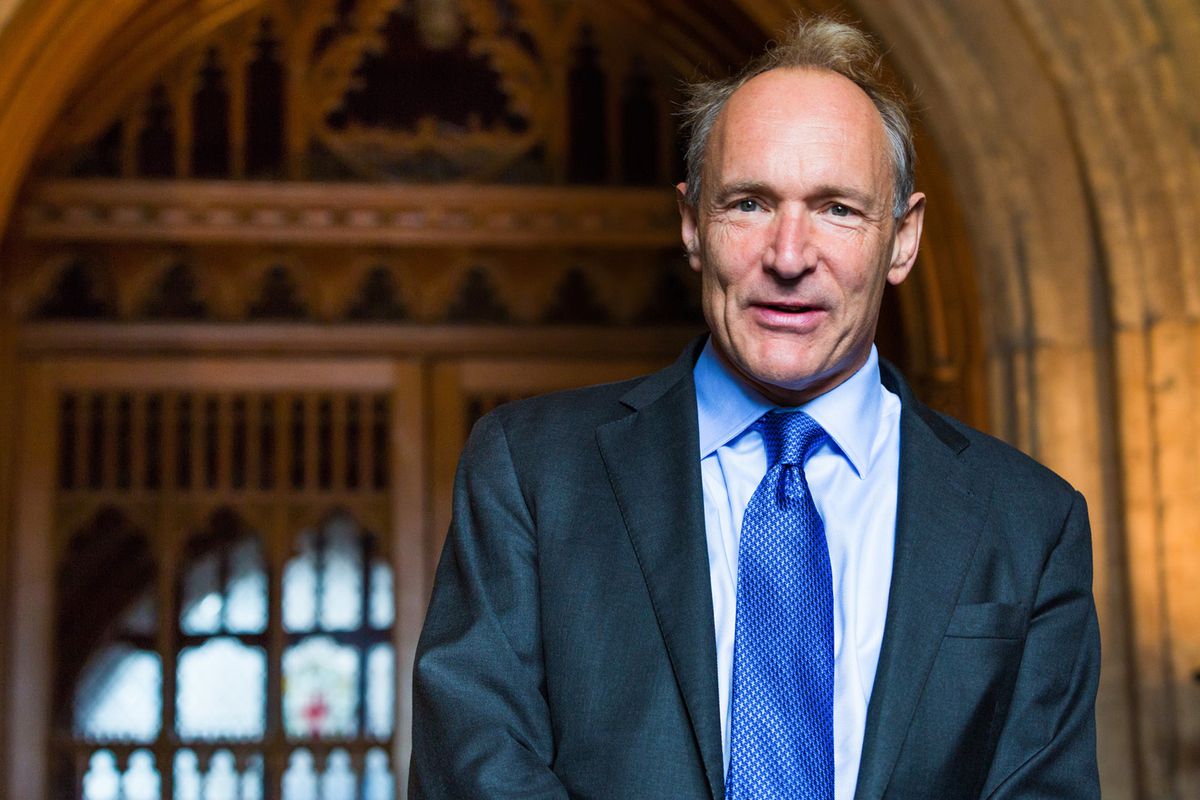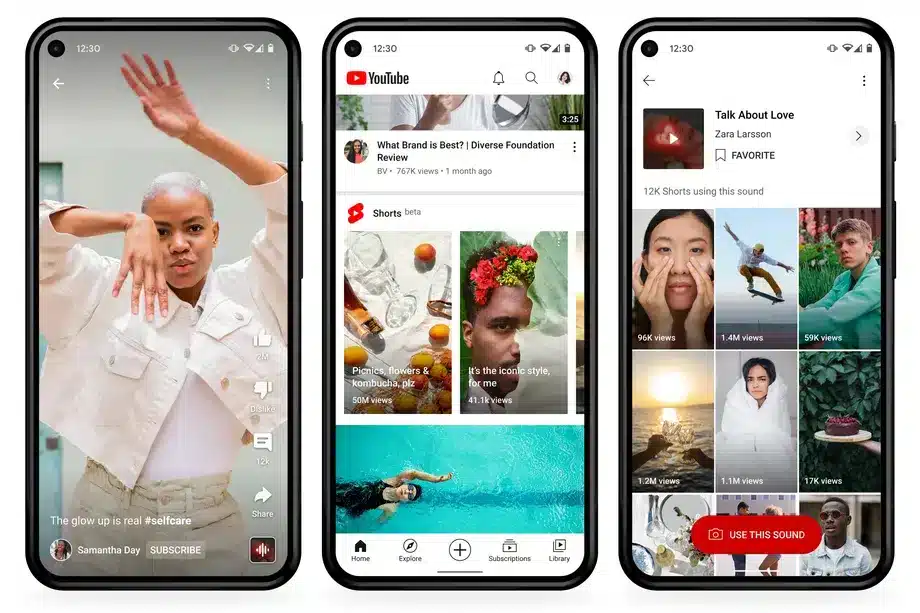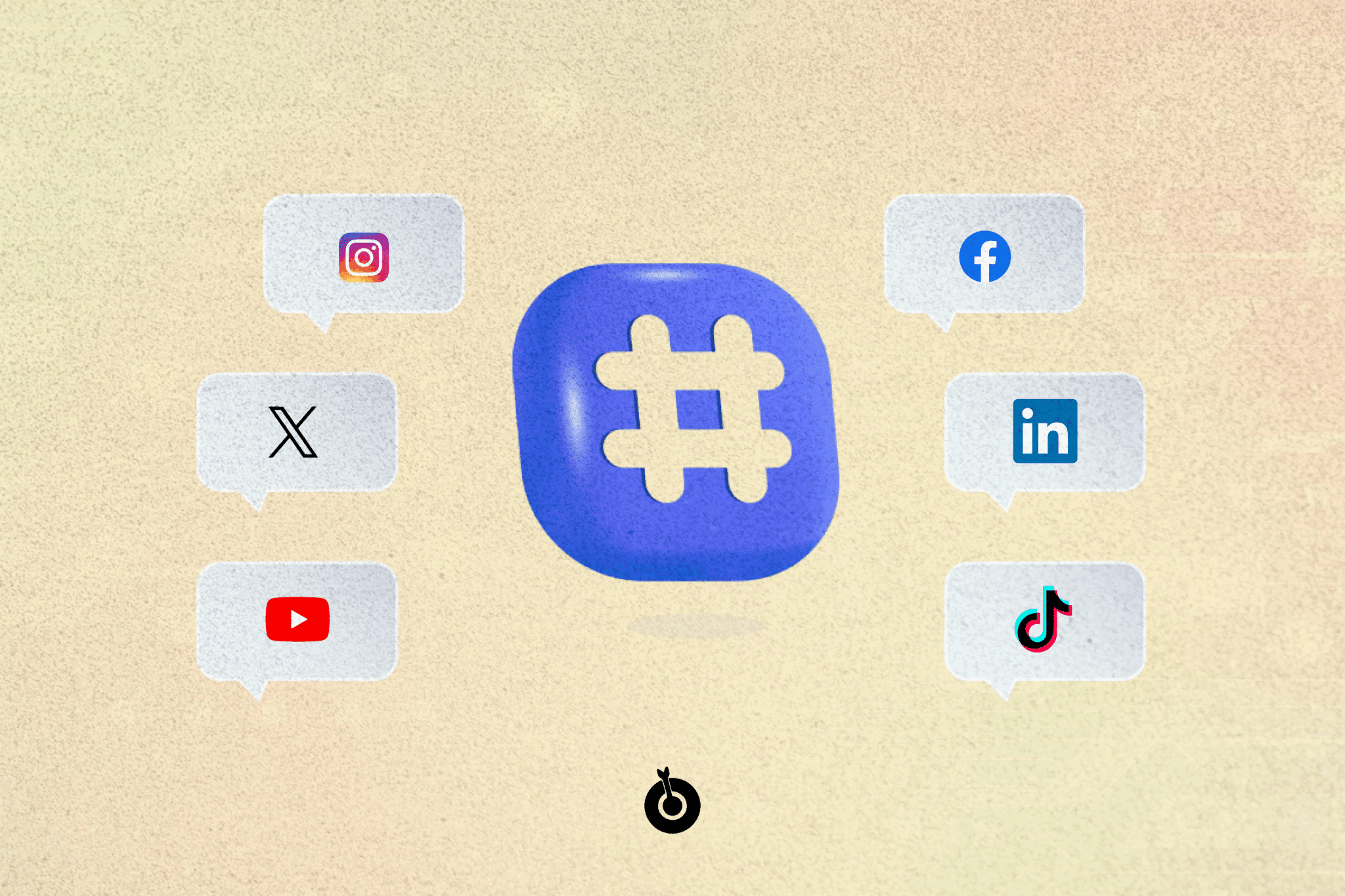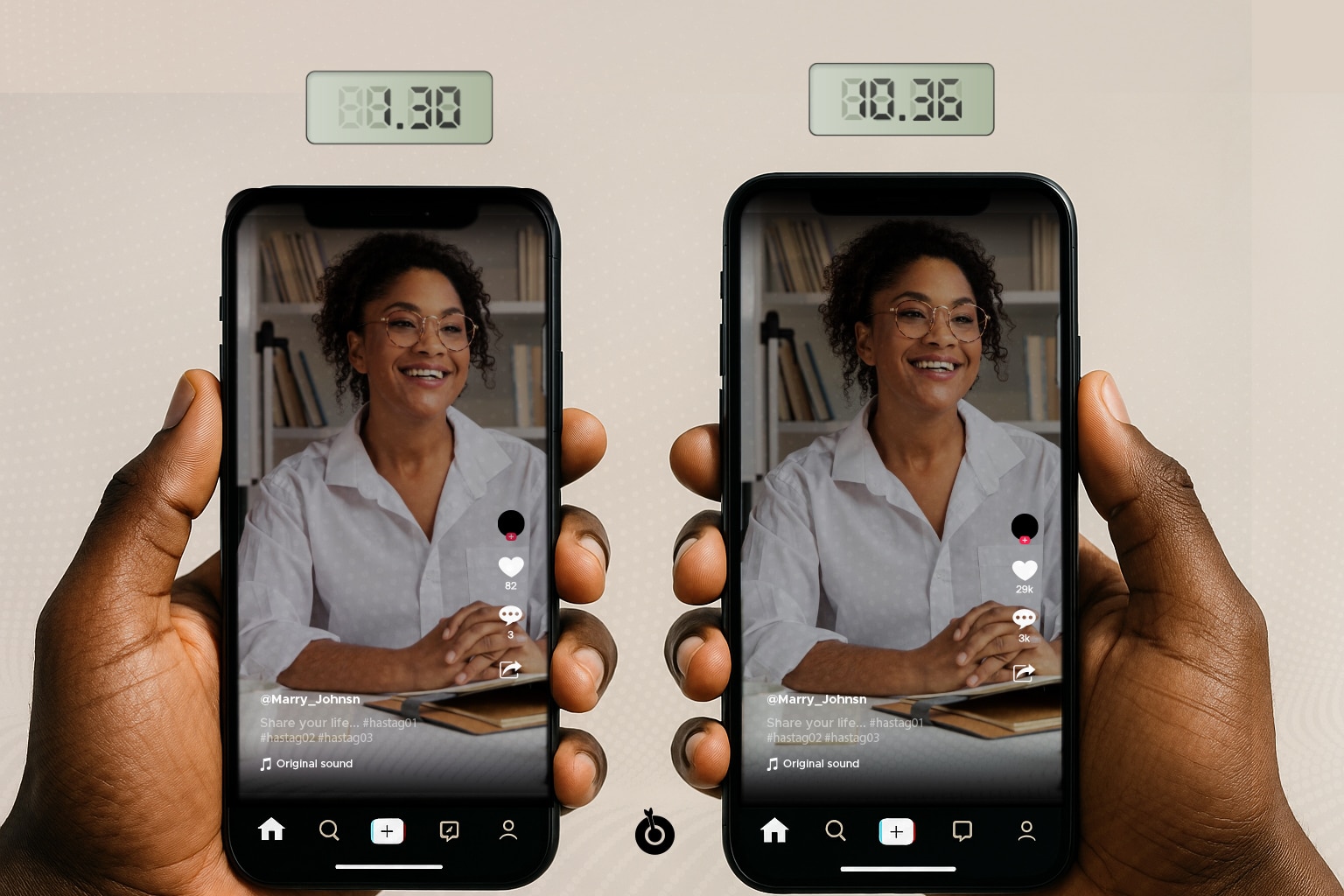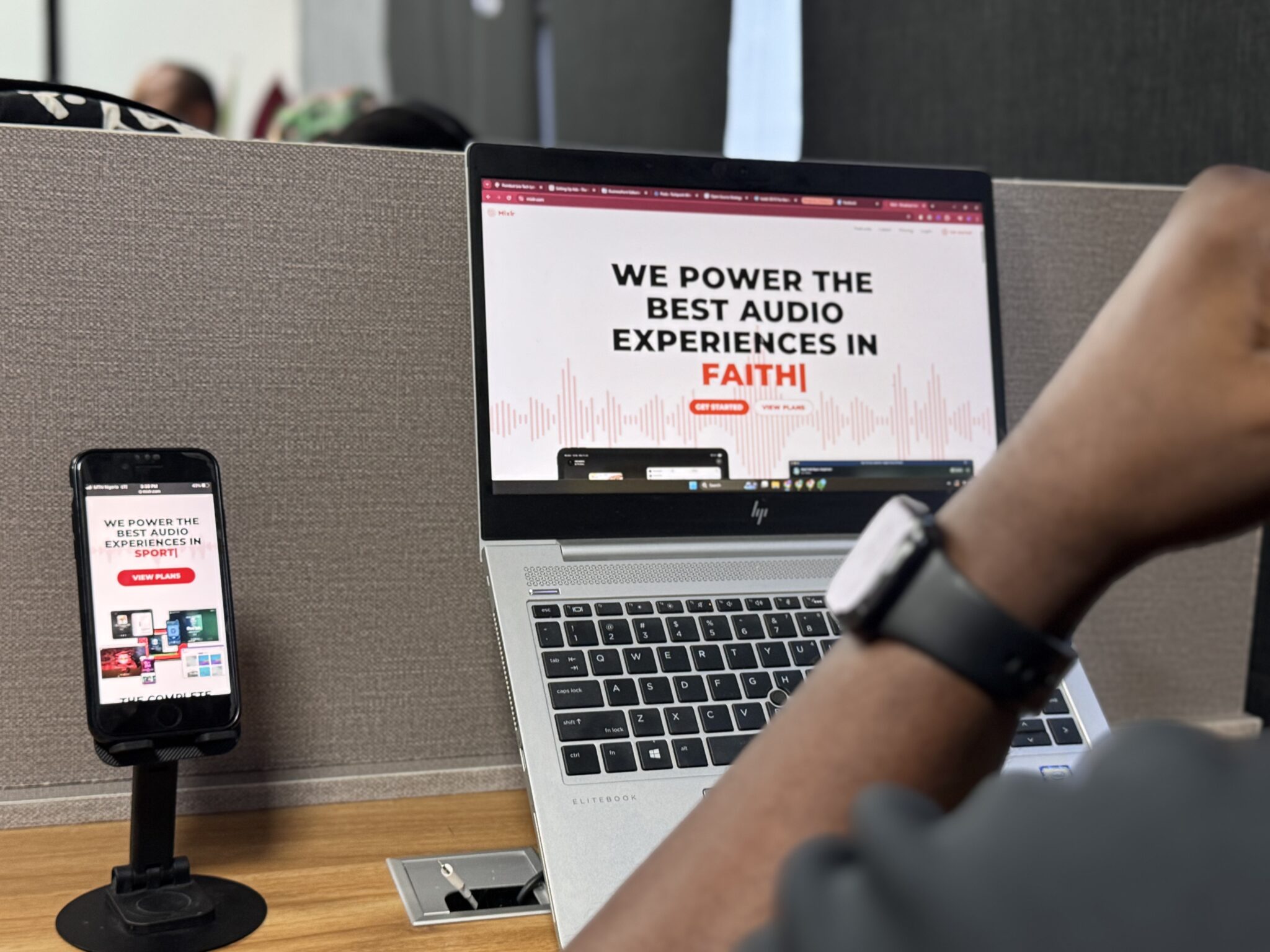Computer scientist and inventor of the World Wide Web, Tim Berners-Lee is in Lagos, Nigeria as part of a 30-hour tour to a few cities around the world to celebrate the 30th anniversary of the web.
The celebratory tour is undertaken with the Web Foundation; “an international non-profit organisation advocating for a free and open web for everyone,” founded by Tim Berners-Lee.
In 1989, while working for the European Organisation for Nuclear Research also known as CERN, Tim Berners-Lee submitted a proposal that formed the basis for the web. He went ahead to write the first web browser one year after in 1990.
Since then, the web has been a pivotal tool the world uses on the internet.
According to a tweet from Tim’s official Twitter account announcing the tour’s itinerary, CERN, where it all started, was the first stop for Tim and the Web Foundation team.
Conversations during the tour will focus on how the “web has changed our world and what we must do to build a better web that serves all of humanity.”
I’m taking a 30-hour journey with @webfoundation to celebrate the web’s 30th birthday.
First stop @CERN — where it all began.
We’ll be visiting London, UK today and finishing in Lagos, Nigeria tomorrow.
Follow the celebrations at #Web30 #ForTheWeb. pic.twitter.com/utQlJC8bNj
— Tim Berners-Lee (@timberners_lee) March 12, 2019
At CERN, Tim visited his old office and then headed to the Science Museum in London where he was joined by the mayor and an audience. According to tweets from the Science Museum, issues around open web, sustainability of the web was discussed.
In Lagos, Tim will visit the Women’s Technology Empowerment Centre (W.TEC), among other places.
Wonderful energy and creativity — girl power at W.TEC in Lagos — should inspire girls all over the world to get into tech #Web30 #ForTheWeb pic.twitter.com/ARNGsG3a3k
— Tim Berners-Lee (@timberners_lee) March 13, 2019
It is estimated that 55.1% of the world’s population is connected to the internet. The International Telecommunication Union (ITU) estimates the number at about 3.2 billion people globally.
By 2012, the United Nations put the number of connected people in Africa at 167 million. Considering the over 3,600% growth from year 2000 to 2012, this number will most likely have doubled.
The goal is to get the whole world connected to the internet, but most of the current progress was made because of Tim Berners-Lee and the World Wide Web built some 30 years ago.

